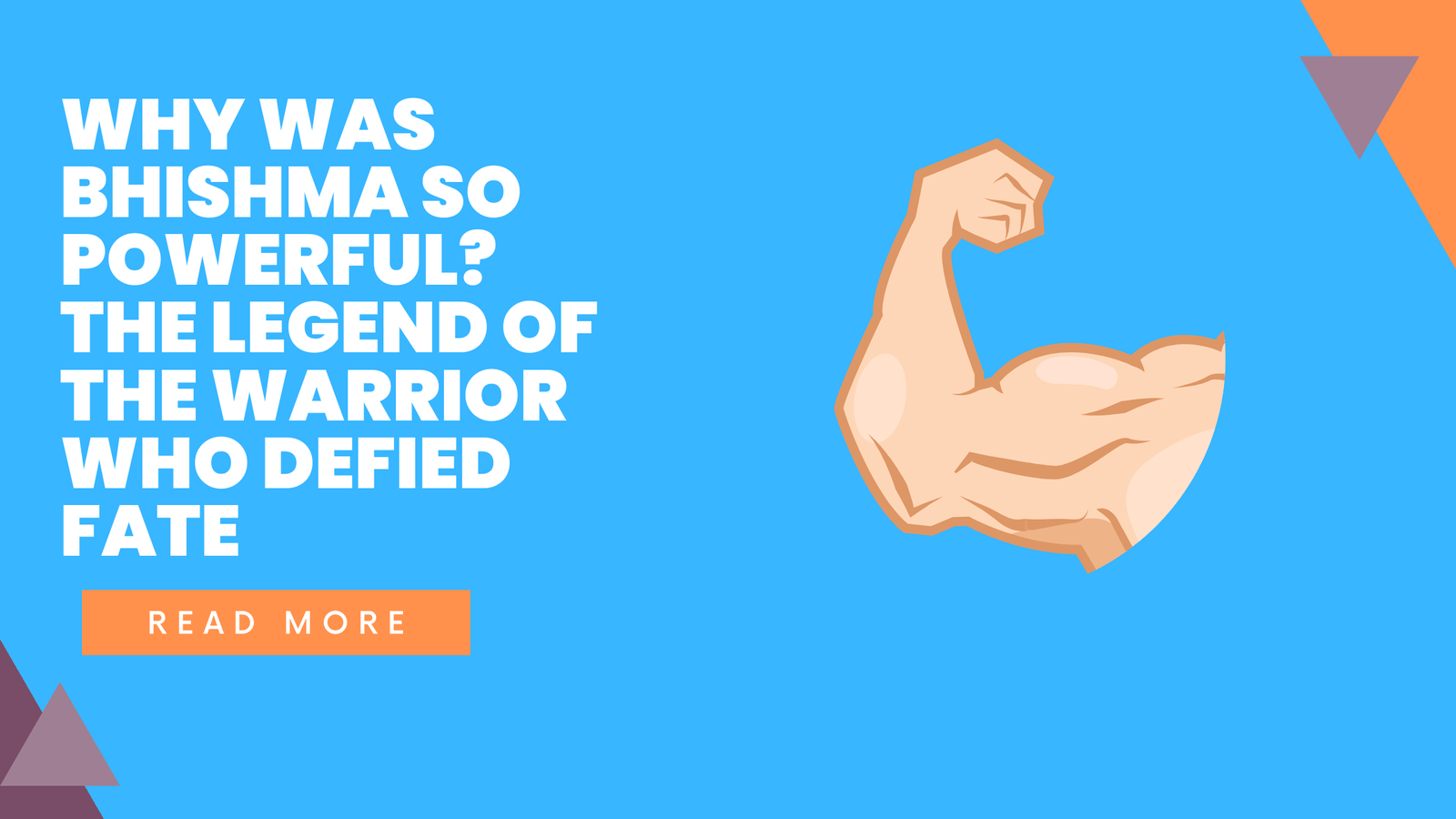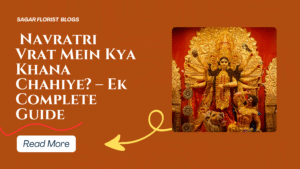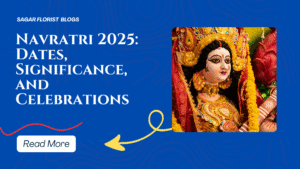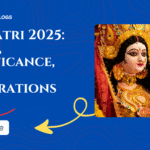Why Was Bhishma So Powerful? The Legend of the Warrior Who Defied Fate
In the grand tapestry of the Mahabharata, filled with epic battles, divine weapons, and profound wisdom, one name stands tall—Bhishma. Known as “the one who has taken a vow” (Bhishma means “he who undertakes a terrible vow*), he was not just a warrior but a symbol of unmatched strength, loyalty, and honor.
But what made Bhishma so powerful? Was it his divine lineage, his unmatched skills in warfare, or something more profound? Let’s unravel the mysteries behind his legendary power.
⚔️ Bhishma’s Divine Origins
Bhishma was born as Devavrata to King Shantanu and Ganga, the river goddess. His birth itself was extraordinary—a child of both royal blood and divine grace.
- Blessing of Immortality:
The most defining moment of Bhishma’s life was when he took a vow of celibacy (Brahmacharya) to ensure his father could marry Satyavati, a fisherwoman. This vow granted him the boon of “Ichha Mrityu”—the ability to choose the time of his own death. - Training Under Parashurama:
Bhishma was trained by the fierce sage Parashurama, the greatest warrior of his time. This training made him an unparalleled master of archery, martial arts, and strategy.
🛡️ The Warrior Par Excellence
Bhishma’s prowess on the battlefield was legendary. Here’s why:
- Master of Weapons:
Bhishma was skilled with almost every weapon, especially the bow and arrow. He was a master archer, capable of shooting multiple arrows simultaneously. - Defender of Dharma:
He was the ultimate protector of Dharma (righteousness). His unwavering commitment to duty, even when it conflicted with his personal desires, made him a symbol of virtue. - Indestructible in Battle:
In the great Kurukshetra War, Bhishma fought valiantly, holding off the Pandavas for 10 days despite being severely wounded. His armor and divine protection made him nearly invincible.
🌟 The Secret Behind His Power: The Power of Vows
Bhishma’s real strength wasn’t just physical—it was rooted in his vows. His life was a testament to the power of self-discipline, sacrifice, and unwavering commitment.
- Vow of Celibacy: His vow ensured he was free from personal attachments, focusing entirely on duty.
- Loyalty to the Throne: Despite knowing the Kauravas were wrong, Bhishma remained loyal to the throne of Hastinapura because of his duty to the kingdom.
- Unbreakable Resolve: His willpower was so strong that even on the battlefield, after being pierced by countless arrows, he lay on a bed of arrows, refusing to die until the right moment arrived.
🧘 Bhishma’s Wisdom: A Warrior with a Sage’s Heart
Bhishma wasn’t just a warrior; he was also a philosopher. Before his death, he imparted profound wisdom to Yudhishthira and the other Pandavas, known as the “Bhishma Parva” of the Mahabharata. His teachings on dharma, leadership, and the nature of life continue to inspire even today.
💡 The Legacy of Bhishma
Bhishma’s power wasn’t in his ability to destroy enemies but in his ability to uphold righteousness, even at great personal cost. He taught the world that true strength lies in self-control, dharma, and the courage to stand by one’s principles.
✨ Final Thoughts
Bhishma was powerful because he embodied the essence of dharma and sacrifice. His life was a paradox—a warrior who fought battles with honor, a man who chose duty over personal happiness, and a soul whose wisdom transcended time.
In the end, Bhishma’s power wasn’t just in his sword—it was in his unbreakable spirit.
Would you like to dive deeper into Bhishma’s life, his role in specific battles, or his teachings? 😊






